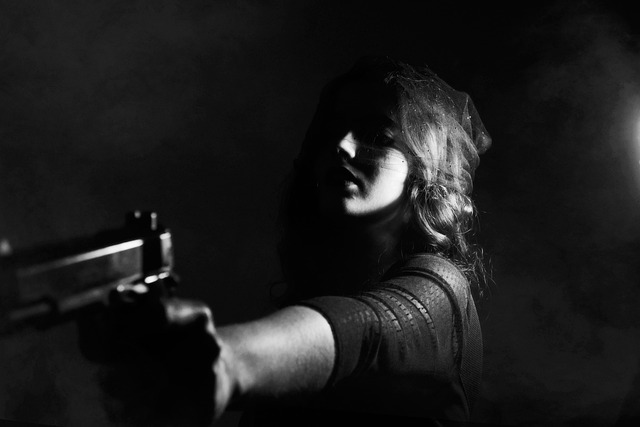Spotlight on Neo-Noir: A Dark Horse in Contemporary Cinema
The contemporary film industry is witnessing an interesting shift in trends, with a dark horse emerging from the shadows—Neo-Noir. This cinematic style, a modern-day interpretation of the classic film noir genre, is making its mark on the global cinematic landscape. Let's delve into the origins, current trends, and the significant impact of Neo-Noir on today's cinema and our cultural psyche.

The Genesis of Noir and Its Neo-Evolution
Film Noir, literally translating to ‘black film’ or ‘dark film’ in French, is a style of filmmaking characterized by its dark, cynical themes and visual elements. This cinematic style saw its peak during the mid-20th century, with its roots embedded in the hard-boiled detective novels of the 1930s and 1940s.
In the late 1970s and early 1980s, the Neo-Noir genre started to emerge. It paid homage to its classic predecessor but with a contemporary twist. Neo-Noir films maintain the dark, moody themes and stylistic elements of classic Film Noir, but they are set in more modern contexts and often incorporate more explicit content, reflecting the changing societal norms.
The Contemporary Noir Landscape
Fast forward to the present day, and Neo-Noir is experiencing a resurgence. It’s not just a trend confined to Hollywood; it’s a global phenomenon. From South Korean masterpieces like “Oldboy” and “Mother” to Hollywood productions such as “Blade Runner 2049” and “Nightcrawler”, Neo-Noir is leaving an indelible mark on contemporary cinema.
Impact and Significance: More Than Just Style
Neo-Noir is not just a stylistic choice; it’s a reflection of our collective consciousness. It represents our fascination with the darker aspects of human nature, our fears of societal decay, and our struggle with moral ambiguity.
It’s also pushing the boundaries of cinematic storytelling. By combining the classic elements of Film Noir with modern storytelling techniques, filmmakers are creating complex, multi-layered narratives that challenge viewers to engage on a deeper level.
Reception and Influence: The Dark Horse Winning the Race?
Neo-Noir films often receive critical acclaim for their stylistic boldness and narrative complexity. They’ve also been successful in terms of box office performance, indicating that audiences are eager for more thought-provoking, unconventional cinematic experiences.
Moreover, the influence of Neo-Noir is evident beyond the world of cinema. It’s impacting television series, graphic novels, and video games, contributing to the broader cultural landscape.
The Future of Neo-Noir: A Dark Dawn or Just a Passing Shadow?
As we look ahead, it’s clear that Neo-Noir is more than just a fleeting trend. The genre’s ability to evolve, reflect societal changes, and push the boundaries of storytelling suggests that it will continue to play a significant role in the cinematic landscape.
In conclusion, Neo-Noir is not just a dark horse in the contemporary cinema; it’s a genre that’s shaping our cultural narratives. It’s a testament to the power of art and storytelling to reflect and critique society. As we navigate the complexities of the 21st century, Neo-Noir provides a mirror to our deepest fears and desires, offering a cinematic lens through which we can explore our shared human experience.




